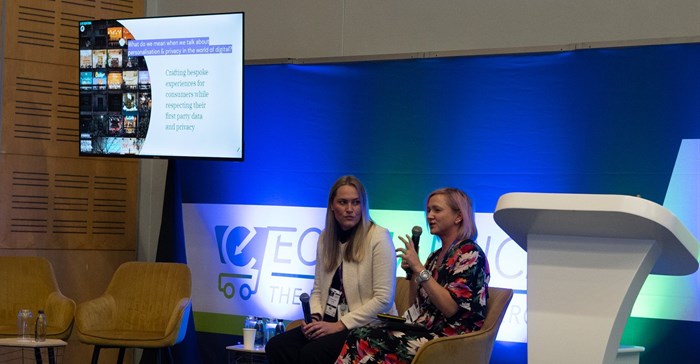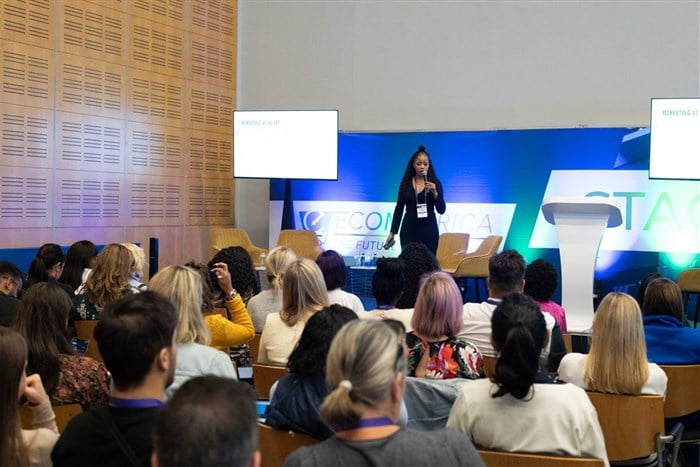While brands collect data from clients to better serve them, it's important to remember that clients need to be given the space to learn about the brand purpose, identity, promise and value of the brand.

This is according to Old Mutual's group head of e-commerce and digital marketing Tatiana Ndlovu, Incubeta’s director of growth and partnerships Niamh NicLiam, and business unit director Chelsea Owens who were speaking at the Ecom Africa Conference last week in separate presentations.
“According to Google data, 49% of consumers say they will move from a brand if they feel their data is not being respected,” says NicLiam.

Owens says collecting a database ethically is important for the growth of the brand, but its equally important to make sure there is a way to measure the efficacy of the data.
“In order to know if its [data collection] is working, you have to make sure that you have a very robust measurement framework in place.
That measurement framework allows you to identify where the grey areas exist and where you are having an audience drop off and where you are potentially losing audiences along the way, and it also measures the effectiveness of your first part data in your marketing, most importantly we need to know what business objective is this working towards,” says Owens.
However Ndlovu says while data is important, it is still necessary for marketers to ensure that they market to humans and not to devices.
“The rapid development of martech has created the narrative that the only way to reach a consumer is through platform mediated strategies. Now what we have done is relegated our thinking to the algorithm and this has driven us to a place where we have lost the ability to strategise.We find that we as marketers are now operating at a technical level because we are allowing the algorithms to think on our behalf,” she says.
Ndlovu says there are key fundamentals from the old school of marketing that can be taken forward into digital marketing.
She adds: “Marketing as an art has allowed us to develop a deep appreciation for consumer behaviour principles and these principles are really around the value of connecting with our consumers on the human level.”
"Branding gives the consumer the opportunity to date you and learn more about your brand purpose, brand value, brand identity and brand promise. It is at this level that consumers form a relationship with your organisations."
She says data collecting through physical qualitative research is still important.
“We need to sit with a warm body and let that warm body tell you what their experience is about your product and your service, the qualitative aspect of research has really lost its appeal in the age of digital transformation,” Ndlovu concludes.
